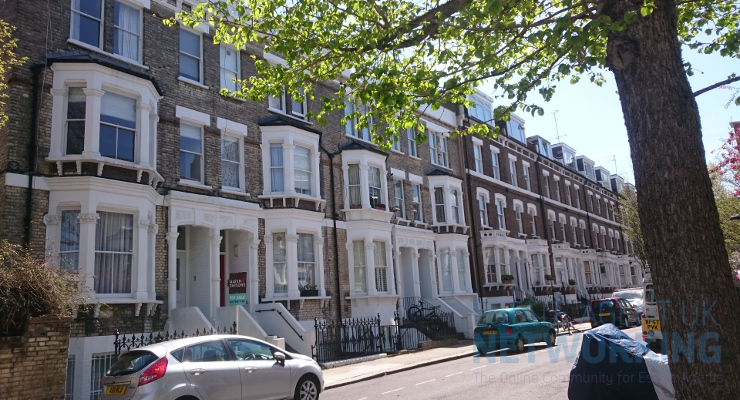How can you raise capital for real estate investment?
There’s no way of getting around it: investing in real estate requires significant capital. While this isn’t a problem when you’ve already got a portfolio, it can be a major stumbling block for people looking to get into property development.
Houses in the UK are expensive, with many people feeling they are priced out of the market. Indeed, some prospective buyers have instead purchased cheaper property abroad as a way to get a foot on the ladder.
But if you think you’ve got what it takes to be a success in the real estate arena but you’re short on cash, you may need to find somewhere to source capital from.
Why do you need to raise capital?
If you’re just starting out, raising capital is important because it stops you from having to put in funds that you simply cannot afford to lose.
Using money from your own home could leave you vulnerable if something doesn’t go as planned – which you can practically bank on if any structural or renovation work is required to the property you buy.
Save up
The most obvious way to get into real estate is to start saving. However, it can often take years to build up enough money to purchase your first property given how much prices have increased over the past few years.
It’s a fact that has spawned its own meme on social media, with the subject of the joke being newspaper articles that detail how someone young managed to buy their own house only to reveal that significant financial assistance was provided by family members.
Venture capital
Venture capital is a form of funding that is typically provided in high-risk/high-reward scenarios.
Strong growth will attract venture capitalists, but if you’re raising capital for the start of your real estate journey then it’s unlikely you’ll be able to display this.
Instead, you could put together a business plan and share it with specialist advisors who can help connect you with potential investors.
Borrowing
The traditional method for purchasing real estate is to get a mortgage, but borrowing such sums across multiple properties puts you in significant debt. Furthermore, long-term lending means you have to pay a huge amount back in interest.
While you may get a steady stream of revenue by renting your properties out, interest rates reduce the amount of profit you’re making.
Selling
For most homeowners, much of their wealth will be tied up in the property they live in. Equity release could provide the capital needed to reinvest in real estate.
If that’s not an option, simply selling up and downsizing for a short while could free up enough funds to kick-start your portfolio.









